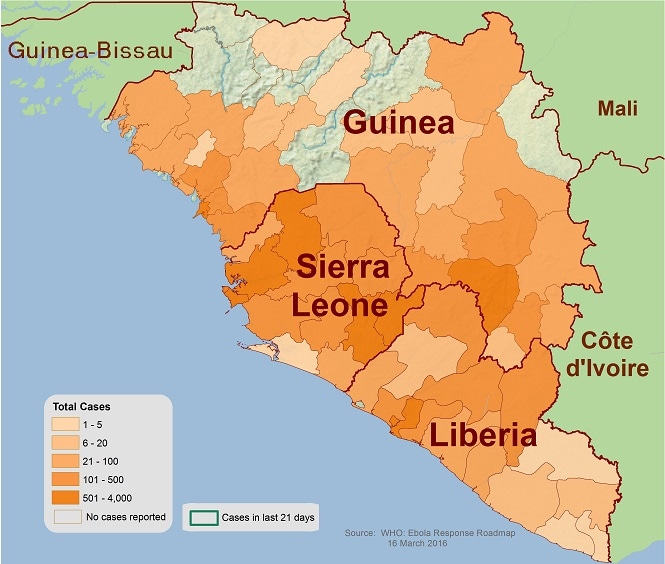
It has been about eight months since the start of the massive Ebola outbreak in West Africa and it still very much remains an issue to this day.

However, this is not the first outbreak in history. In fact according to the Centers for Disease Control and Prevention (CDC), the first recognized incident occurred in 1976 in Zaire, what is now known as the Democratic Republic of the Congo (DRC). Flash forward to November 17th 2014, the United Nations praised the end of the outbreak in the DRC among other victim states like Nigeria.
What has the United Nations and the world done to tackle this West African crisis and essentially global issue?
In September of this year, the Security Council and the General Assembly unanimously recognized the establishment of the United Nations Mission for Ebola Emergency Response (UNMEER). This branch of the UN developed as a response to the Security Council’s concern that Ebola was a “threat to international peace and security.” Different sectors of the UN that focus on humanitarian aid collaborated and carried out innovative measures to tackle the disease in the face of adversity. The UN Office for the Coordination of Humanitarian Affairs (OCHA) recorded high air support from the UN team to stricken regions through enabling the distribution and delivery of medical, nutritional, and critical aid supplies as well as the travel of health and sanitation experts and aid workers. In addition, UNMEER has been working closely with governments and national structures in the affected countries, regional and international actors, such as the African Union (AU) and the Economic Community of West African States (ECOWAS), and with Member States, the private sector and civil society.

Resource shortage is not only the critical problem to face but also social stigmas. Recently, the UN Secretary- General’s Special Envoy on Ebola, Dr. David Nabarro, delivered a passionate message calling for a global social media campaign to “express solidarity” and to promote anti-discrimination. His call for individual action to reduce stigmatization does not restrict only to UN actors but to each and every individual everywhere like you and me. Social media is an effective neutral platform in that it can exponentially reach a wide audience.
The UN and the World Bank have sought the inspiration of powerful cultural figures such as the world’s top football players to spread important health messages and promote anti- discrimination to their most easily influenced audience, children. Even Google and Facebook are joining in on the effort through advertising their philanthropic missions on the sites. Google pledged to donate $2 in addition to matching the donation by their users. The company has already reached its limit of $7.5 million. Google is sending their technology experts to collaborate with Doctors without Borders and distributing donations to powerful NGOs like Partners in Health as well as Doctors without Borders.
Dr. Nabarro stated it best, “when everyone is fully involved, there is a slowing of the outbreak. That is a real source of inspiration”, and my I add, a solution.
So what are we at United Nations Association of Greater Boston doing? In accordance with our mission to build understanding on global matters within the local community, UNAGB hosted a lively discussion panel on “Ebola: West Africa and the World”, on November 21. Cheryl Bartlett, Commissioner of the Massachusetts Department of Public Health, Chris Garabedian, President and CEO of Sarepta Therapeutics, Dr. Rick Sacra, MD and Ebola survivor spoke about what their appropriate organizations are doing as well as lending personal thoughts and experiences with Ebola.
To read more about the speakers, click here. You can also visit the UN Global Ebola Response page to follow the UN’s progress in the mission and learn how you can help. Pictures of the event forthcoming.